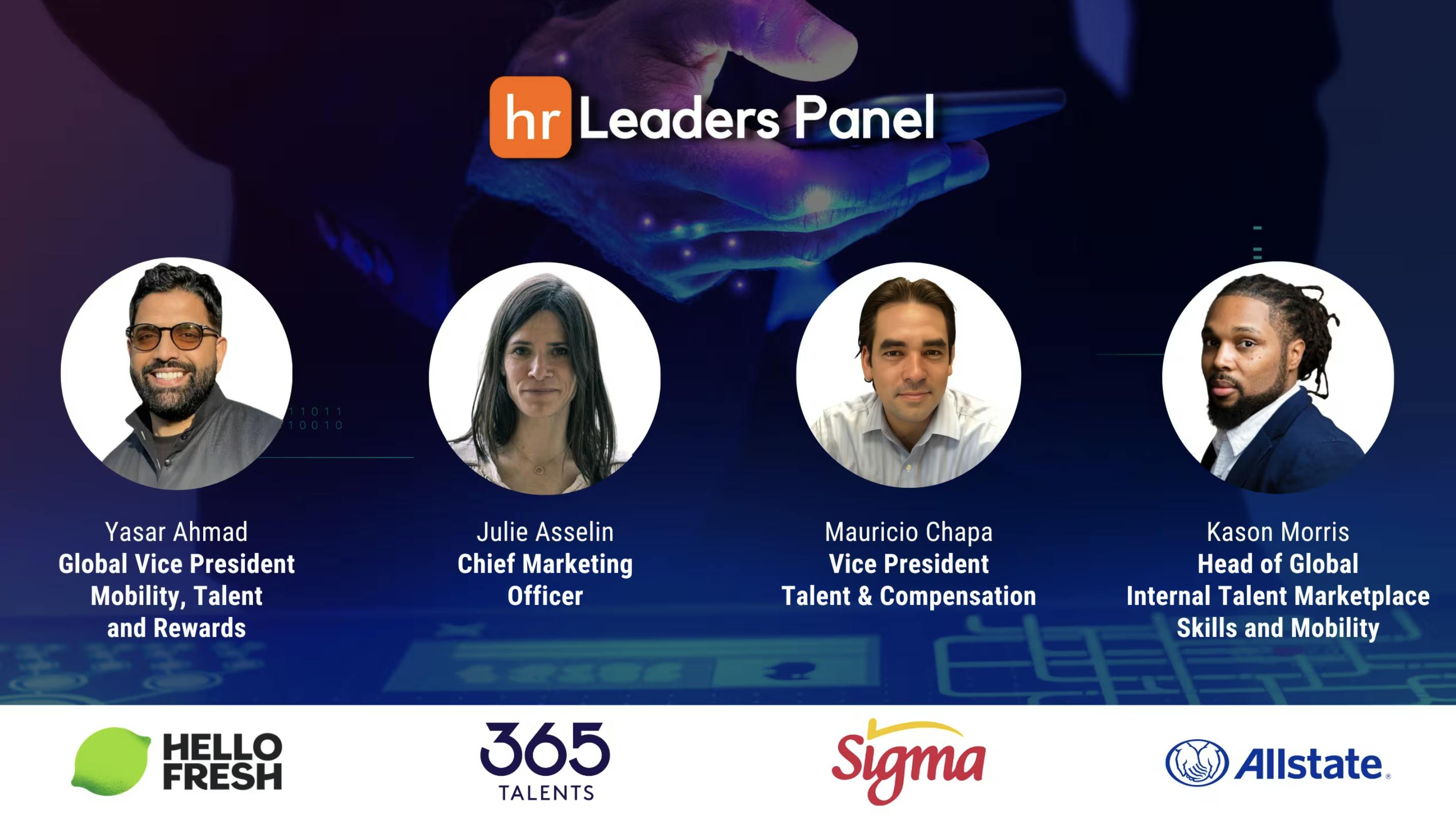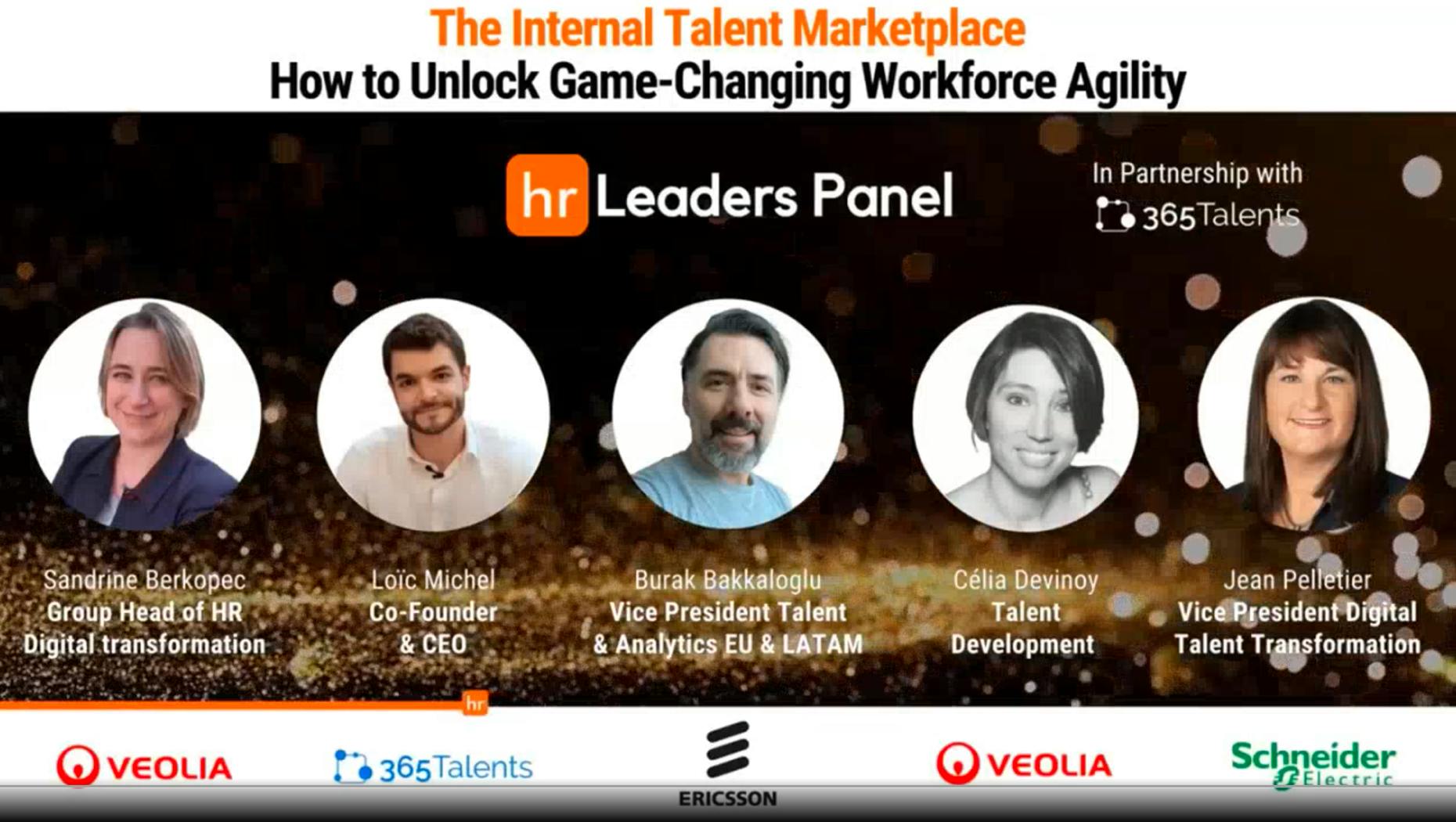How AI Is Shaping the Future of Skills-Based Talent Management
The corporate world is at a pivotal juncture, with HR leaders navigating the shift from traditional job-centric models to dynamic, skills-based approaches. This evolution is crucial to equip organizations with the agility needed in today's fast-paced working environment. Failing to adapt could leave companies struggling to pivot in response to market demands. Conversely, successfully leveraging AI for skills management promises enhanced workforce flexibility, improved talent utilization, and accelerated innovation.
AI-powered tools offer unprecedented insights into workforce capabilities, enabling strategic decision-making and the identification of critical knowledge gaps. By adopting AI in talent strategies, organizations can ensure they are primed for rapid adaptation and sustained success in the evolving business landscape.
Discussion topics:
- Leveraging AI for an in-depth view of workforce skills and real-time talent intelligence
- Using AI to identify and bridge talent gaps through strategic reskilling and upskilling
- Accelerating innovation and responsiveness through AI-enabled talent reallocation
- Navigating the ethical considerations and limitations of AI in talent management
Panelists included:
- David Doe, Vice President Talent Strategy & Excellence at Shell
- Sarah Nutolo, Global Head of Talent, Culture and Inclusion at Reckitt
- Alexandra Foster, Vice President of People Experience at Kelly
- Tony Wiseman, Digital HR Director at Glanbia
- Chris Rainey, CEO & Co-Founder at HR Leaders
- and Loïc Michel, CEO & Co-Founder at 365Talents
More ways to leverage AI for HR...












